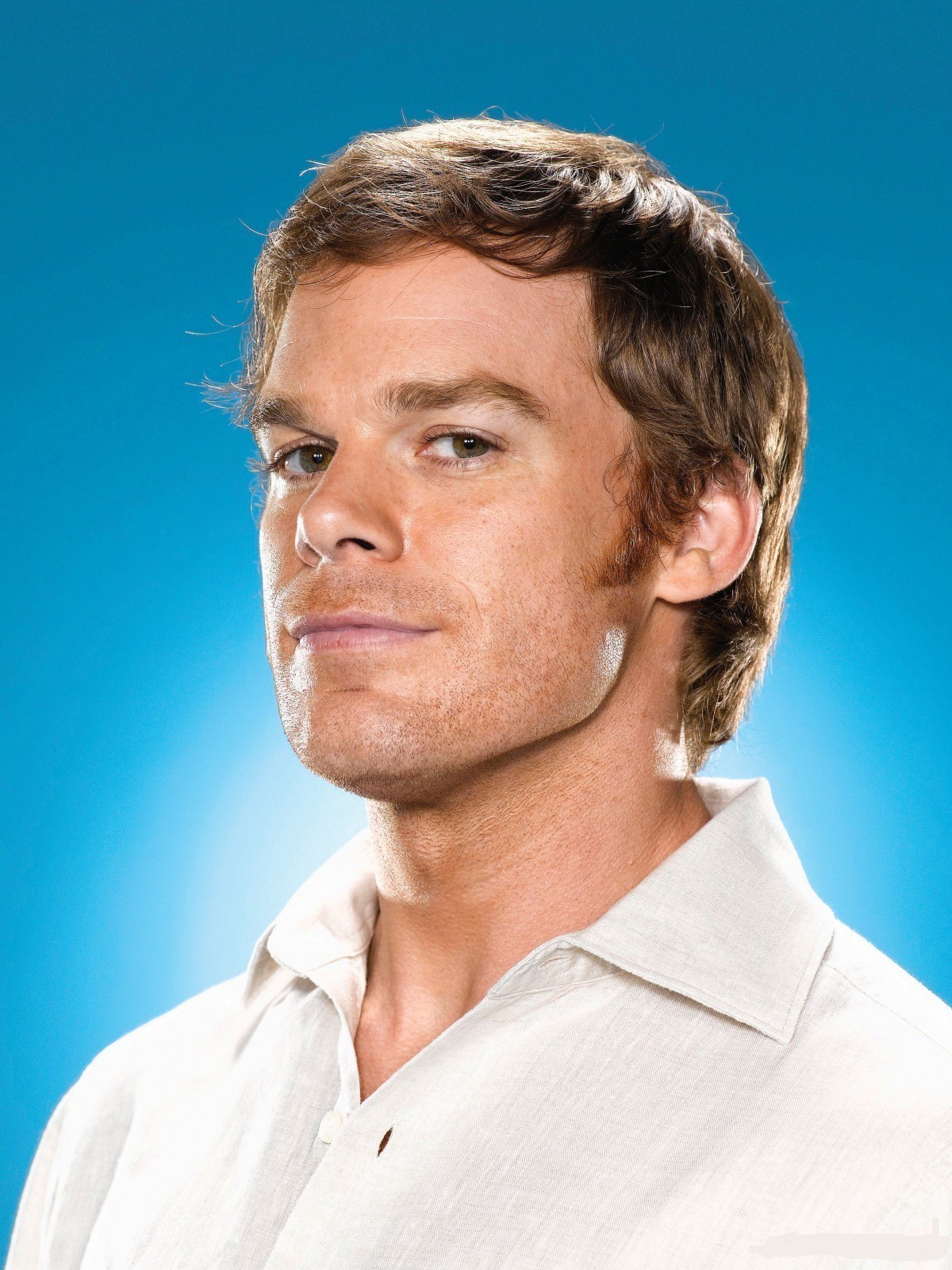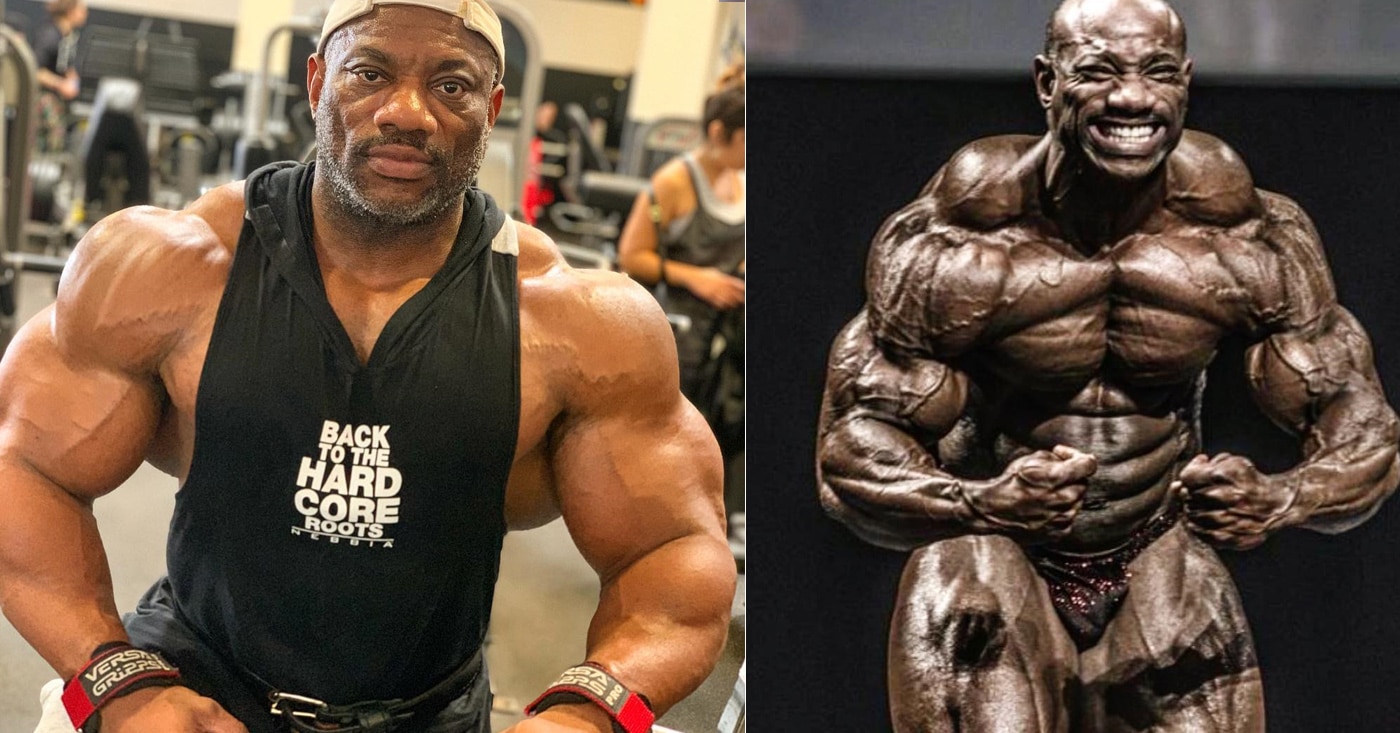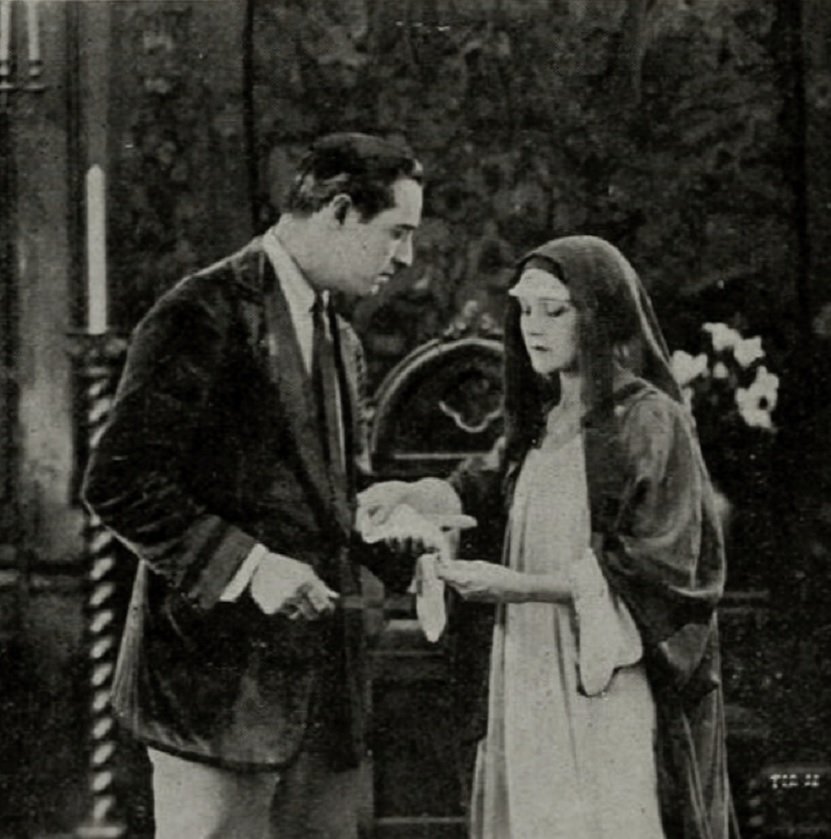Exploring The Depths Of Dexter Morgan: A Psychological Journey Through "Dexter Height"
Is it possible to find empathy for a serial killer? The television series "Dexter" boldly suggests that it is, and in doing so, it revolutionized the way we perceive the anti-hero on screen. The show, renowned for its intricate narrative and morally ambiguous protagonist, has captivated audiences worldwide, sparking endless debates and analyses of its central character, Dexter Morgan. The series, which premiered on October 1, 2006, and was developed for television by James Manos Jr., is built upon a fascinating dichotomy. Dexter Morgan, a forensic blood spatter analyst for the Miami Metro Police Department, is brilliant at his job, methodical, and seemingly ordinary. However, beneath this professional veneer lies a dark secret: Dexter is a vigilante serial killer who channels his homicidal urges into hunting down other murderers who have escaped justice.
The term "Dexter Height," while not a literal measurement, encapsulates the multifaceted nature of the show and its eponymous character. It refers to the depth of understanding and exploration of Dexter's complex psyche, his actions, and the world he inhabits. This analysis will delve into various aspects of Dexter's life, examining how "Dexter Height" shapes his character and influences the narrative, ultimately revealing why Dexter remains a significant figure in contemporary television. The premise of "Dexter" is built upon a fascinating dichotomy. The protagonist, Dexter Morgan, is a forensic blood spatter analyst for the Miami Metro Police Department. He's brilliant at his job, methodical, and seemingly ordinary. However, beneath this professional veneer lies a dark secret: Dexter is a vigilante serial killer. He channels his homicidal urges into hunting down other murderers who have escaped justice, following a code instilled in him by his adoptive father, Harry Morgan.
| Aspect | Details |
|---|---|
| Name | Dexter Morgan |
| Occupation | Forensic Blood Spatter Analyst (Miami Metro Police Department) |
| Alias | The Dark Defender |
| Date of Birth (inferred) | Based on the series, likely in the mid-1970s. The exact date is not explicitly stated. |
| First Appearance | October 1, 2006 (Television Series Premiere) |
| Portrayed by | Michael C. Hall |
| Key Relationships | Deborah Morgan (Sister), Rita Bennett (Wife, deceased), Harrison Morgan (Son) |
| Skills | Exceptional blood spatter analysis, surgical precision in killing, skilled at deception and maintaining a "normal" facade. |
| Weaknesses | Emotional detachment, vulnerability related to his past trauma, reliance on his "code" and the potential for it to be compromised. |
| Education | Information not explicitly provided in the series, but implied to have a strong understanding of forensic science and a solid education. |
| Known Locations | Miami, Florida (primarily) |
| Reference | IMDB - Dexter |
Dexter Morgan's character development is arguably the most compelling aspect of the series. From a traumatized child, shaped by witnessing his mother's brutal murder, to the complex adult navigating the world with a carefully constructed facade, his journey is meticulously crafted. The writers expertly explore Dexter's internal conflicts, providing viewers with a nuanced understanding of his motivations. He grapples constantly with his identity, torn between his innate urges and the need to appear normal, to fit in. The code instilled by Harry serves as his moral compass, dictating who he can kill and how. This code, while seemingly providing structure and purpose, also traps him in a cycle of violence and secrecy, isolating him from genuine human connection.
- Morgan Wallens Family Parents Son Personal Life Discover Now
- Letoya Lucketts Journey From Destinys Child To Solo Success Beyond
Throughout the series, Dexter's relationship with his sister, Deborah Morgan, serves as a pivotal element in his character arc. Their bond is complicated; she loves him unconditionally and trusts him implicitly, oblivious to his true nature. Dexter, in turn, is fiercely protective of her, and his desire to protect her fuels many of his actions. This creates a compelling tension, forcing him to balance his dark urges with his love for his sister and his growing need for genuine human connection. He often finds himself in situations where he must choose between his "code" and his sister's safety, or between his dark urges and his desire for a normal life. The evolution of their relationship is a testament to the series' ability to explore the complexities of family dynamics and the impact of secrets on those relationships.
The exploration of themes is central to "Dexter's" success. The series delves into profound questions about morality, justice, and the nature of evil, all through the lens of Dexter's actions. His vigilante justice inevitably blurs the lines between right and wrong, forcing viewers to confront their own moral compasses. The show's writers masterfully craft a narrative that challenges preconceived notions about good and evil, leaving the audience to ponder the justifications and consequences of Dexter's choices. The narrative isn't a simple glorification of violence; it's a deep dive into the psychological underpinnings of such actions, prompting viewers to question the motivations behind them and the societal factors that contribute to them.
Delving deeper into Dexter's psyche reveals a character shaped by profound trauma and a relentless need for control. The "Dark Passenger," a term used in the series to describe his homicidal urges, is a manifestation of his childhood experiences. His childhood trauma, specifically witnessing the brutal murder of his mother, is the catalyst for his development. Harry Morgan, recognizing the darkness within him, taught him a code—a set of rules and guidelines to channel his urges and control his actions. This code, while seemingly offering a semblance of order, also serves as a psychological prison, preventing him from truly connecting with others and perpetuating his cycle of violence.
- Diddys Baby Oil Mystery Lawyers Explanation More
- Linda De Sousa Abreu Scandal Jailed For Prison Sex Tape Aftermath
The series skillfully illustrates the psychological impact of Dexter's actions. He experiences a profound sense of isolation, unable to share his true self with anyone. He meticulously crafts a persona, adopting behaviors and emotions that he doesn't genuinely feel, to blend in with the world around him. This constant effort to maintain his facade creates a deep sense of internal conflict. His desire for genuine human connection is constantly thwarted by his need to kill, leading to an unending cycle of emotional detachment and superficial relationships. This internal conflict is at the heart of Dexter's character, making him a deeply flawed but ultimately compelling figure.
Since its debut, "Dexter" has had a profound cultural impact, leaving an indelible mark on popular culture. The character of Dexter Morgan has become a symbol of the anti-hero archetype, captivating audiences with his moral complexities. Michael C. Hall's compelling performance perfectly embodies the character's internal struggle and the duplicitous nature of his life, earning him numerous accolades and critical acclaim. The show's success also created a demand for similar complex and morally ambiguous protagonists, influencing other television shows and films in the crime drama and psychological thriller genres.
The show's unique blend of crime drama, psychological thriller, and dark humor garnered critical acclaim and a dedicated fanbase. The series was praised for its intricate storytelling, its suspenseful atmosphere, and its exploration of complex themes. It challenged viewers to empathize with a character who, on the surface, was morally reprehensible. The show also sparked numerous discussions and debates about morality, justice, and the nature of evil, solidifying its place as a significant cultural phenomenon. The series' influence extends beyond its original run, continuing to inspire discussion and analysis long after its conclusion. Its legacy lies in its willingness to push boundaries and challenge audience expectations.
The legacy of "Dexter" lies in its exploration of the human condition, its willingness to challenge conventions, and its ability to make us question our own perceptions of good and evil. It is a show that stays with you long after the credits roll, and Dexter Morgan remains a character whose story continues to fascinate and provoke thought. The series continues to resonate with audiences because it dares to ask difficult questions and provides no easy answers, forcing viewers to confront uncomfortable truths about themselves and the world around them.
Moreover, "Dexter" reflects broader societal trends in entertainment. In an era where anti-heroes dominate the screen, from Walter White in "Breaking Bad" to Tony Soprano in "The Sopranos," Dexter Morgan stands out as a unique exploration of morality and identity. Unlike other anti-heroes, Dexter's actions are framed within a moral framework that complicates his role as a vigilante. This duality resonates with audiences who increasingly seek nuanced portrayals of characters. The show also highlights the cultural fascination with forensic science and true crime, aligning with the popularity of series like "CSI" and "Forensic Files." As society grapples with issues of justice and retribution, Dexter's story serves as a mirror, reflecting our collective anxieties and aspirations.
Furthermore, the show's impact extends beyond its narrative. It has influenced the careers of its cast and crew, with Michael C. Hall, Jennifer Carpenter, and James Remar gaining widespread recognition. The show's production team, including writers and directors, have gone on to create other critically acclaimed series, solidifying "Dexter's" role as a launching pad for talent. The show's success also paved the way for streaming platforms to invest in serialized storytelling, as evidenced by the revival of the series on Showtime. This revival not only revisits Dexter's story but also explores contemporary issues, such as the rise of digital surveillance and the impact of social media on personal identity.
Ultimately, "Dexter" remains a cultural touchstone that challenges viewers to confront uncomfortable truths about human nature. Its exploration of morality, justice, and identity continues to resonate with audiences, making it a timeless piece of television history. As society evolves, so too does our understanding of characters like Dexter Morgan, ensuring that his story will continue to provoke thought and discussion for generations to come. The series' legacy lies not only in its narrative but also in its ability to inspire other creators to push boundaries and challenge conventions, leaving an indelible mark on the world of entertainment.
- Rabbit Goat Compatibility Love Marriage Chinese Zodiac Insights
- Niagara Falls Obituaries Find Remember Loved Ones

dexter Dexter Photo (8014615) Fanpop

Dexter Jackson Complete Profile Height, Weight, Biography Fitness Volt

Elliott Dexter height, Age, Wife, Date of birth, net worth, career and